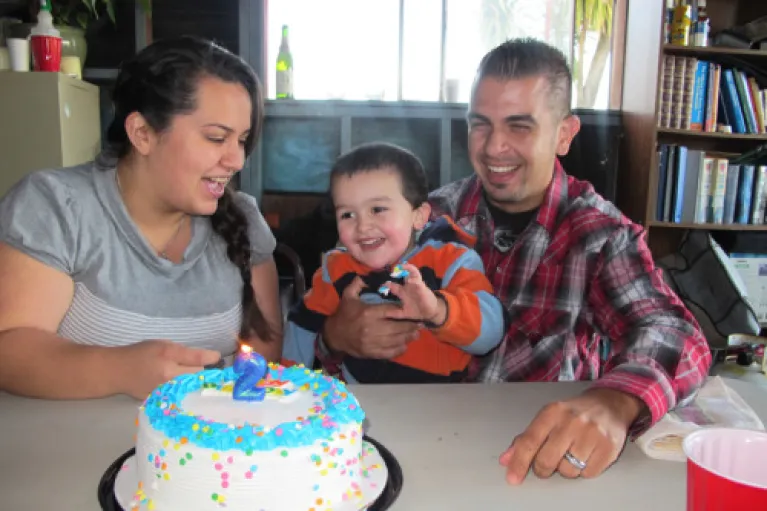Marin IJ Editorial: Marin Community Foundation’s new strategy fits our times
Posted on June 17, 2024
Share This Page
This opinion piece by the Marin Independent Journal Editorial Board ran on June 17, 2024
Over its nearly 30 years of working to meet the needs of our county, the Marin Community Foundation has shifted its strategies with changing times and demands.
The latest is creating a three-year grant cycle, aiming to provide greater foundational support for nonprofits across the county that have worked to make a difference.
The three-year cycle will involve $30 million that will be devoted to the works of more than 80 Marin organizations.
Over the years, the foundation’s grants have mostly focused on new initiatives, the growth of new programs or major projects. These grants will focus on what the foundation calls “general operating” needs, freeing up nonprofit leaders to focus on meeting community needs instead of staying financially afloat.
The longer-term grants will relieve those organizations of the administrative burden of having to reapply yearly for support and worry that vital financial backing may not be forthcoming.
They can focus on services, not budgetary survival.
“These organizations represent a 24/7 boots-on-the-ground presence in the county – the people that day in and day out provide skilled, critical services and support to the most marginalized populations,” said Rhea Suh, the president and CEO of the foundation, whose assets have grown to $3 billion.
That sum includes the Buck Trust, as well as 552 individuals and families who have created donor-directed philanthropic funds through the foundation.
The foundation calls its new funding program the “Community Power Initiative.” Besides a longer-term commitment, grantees won’t have to worry about shaping their foundation-supported grants to MCF’s stated – and changing – goals, objectives that also change with time.
There’s no getting around the fact that the foundation, in terms of its financial resources and its impact, is a big business. As with any business, it has to re-evaluate its strategies.
That’s what this initiative reflects.
As the foundation has stepped out and launched what it calls a “historic” initiative, it should also be just as public about assessing its success.
After two to three years, the foundation should be able to determine whether the initiative has made a significant difference in helping local nonprofits.
The community deserves to hear about the success and challenges fostered by the initiative.
For grantees, it should be more than the relief of a welcomed windfall. It should be resources that make a difference in meeting their goals of making a difference in local lives and the community.
The foundation’s leadership should not forget that it was the community that rallied to create it out of the settlement of the legal battle over breaking the so-called Marin-only provision of the generous bequest of Ross philanthropists Dr. Leonard and Beryl Buck. The county and community’s case to keep the funds for local needs was based on the argument that Marin, despite its reputation of affluence, had more than enough pressing needs that the trust could address.
Over the years, those needs have increased.
Certainly, the number of local nonprofits has increased, even with the foundation’s help and encouragement to consolidate local services to help reduce overhead costs.
In the foundation’s announcement, it reported that six organizations will be getting grants of more than $1 million. Those include the Canal Alliance; the Marin Child Care Council; 10,000 Degrees, the scholarship program for low-income college students; Homeward Bound of Marin – Marin’s largest homeless agency; North Marin Community Services, its programs for local youth and needy families; and Ritter Center, varied programs for low-income families and individuals.
The $10 million-per-year initiative grants for those 80 or more organizations is significant, but it is a sizable slice of the foundation’s annual philanthropy, community giving that supports many more local nonprofits and community programs and projects.
The foundation’s important initiative makes sense. So does its three-year timespan. An open and fair assessment of its real-life impacts should be part of measuring its success.





